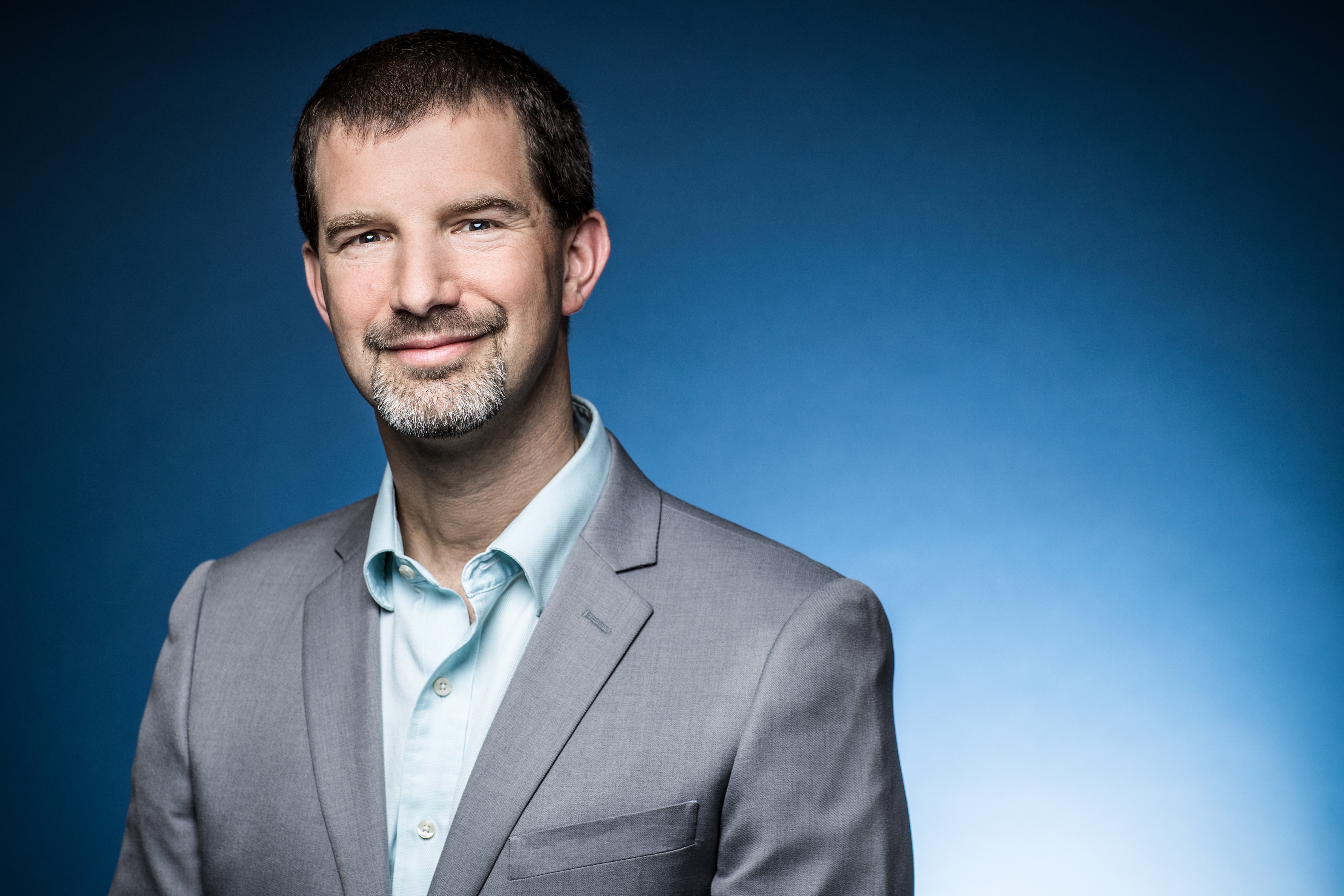New Course Highlights Sustainability in Business
January 8, 2020

By Alec Masella
Kevin Rabinovitch is a highly regarded name in the corporate and academic realms of sustainability, and the Center for Leadership in Global Sustainability (CLiGS) is proud to welcome Kevin as one of our newest faculty members. His Business and Sustainability course will premiere online in Spring 2020 and will provide students with an understanding of the role the private sector plays in sustainability efforts worldwide.
The rise of Corporate Social Responsibility (CSR): Kevin explains, “There’s been a fascinating evolution of the role corporations play in society. In the beginning, corporations were there to make money for their shareholders. Soon enough, in some cases a portion of those profits were used for philanthropy in the environmental or social space, but that had little to do with the core of the business. Fast-forward to the 1970s: we began to see the rise of corporate business strategies that used reducing environmental impacts (e.g. reducing pollution by reducing waste) as a way to increase profits. Over the last twenty years, we’ve seen the rise of sustainability as being much more core to business strategy and objectives. Environmental realities, and the extent to which they are understood by employees, consumers, and regulators, have created threats and opportunities that range from interesting to existential. That means business leaders engage with environmental (and social) issues in a way previous generations never did.”
The Business and Sustainability course focuses on the drivers of business strategy to address environmental impact and create opportunity. The course is intended to encourage students to look at business strategy with an environmentally critical eye, and to identify and propose improvements. Students will not only become more mindful of what they buy, where they buy, and how they buy; they will also gain a sense of the global impact that products and services have, as well as how corporate processes and decision making determine the level and type of impact.
Sustainability theory and practice: While the first few weeks of Business and Sustainability will equip students with the tools needed to approach corporate sustainability decisions, the remainder of the course will concentrate on the application of these new skills. In particular, the students’ analysis of chosen companies will focus on target setting and information sharing in the corporate world.
“There is a problem with how sustainability is handled,” Kevin says. “Something is failing. We know that our sustainability practices need to change faster than they are. There are gaps, both in parts of the private sector (businesses) and the public sector (government). I want students to ask themselves, ‘How can the private sector step in?’ along with, ‘What is the relationship between government and corporations?’ It really is an interplay.”
Hailing from a corporate environment himself, Kevin is also the Global Vice President of Sustainability for Mars, Incorporated. He’s been with Mars for 26 years; first in R&D, and then for the last 13 years spearheading environmental decision-making for the company, which offered him a unique opportunity to gain insights into the elements of company culture that make a corporation sustainability-minded.
“For example, Mars has a CFO, and that CFO has a whole team,” Kevin explains. “Perhaps 1% of our employees work in finance. That group of people know accounting and finance inside and out. But the other 99% understand how the decisions they make affect our financials. That’s the goal with sustainability. Today, in many companies there exists a core of sustainability experts, but everyone else should operate with sustainability in mind.”
“Soft science” in hard numbers: Since creating and meeting environmental sustainability goals should be an absolute, as opposed to a relative measure such as stock price, Kevin aims for his students to utilize quantitative approaches to environmental questions. Corporate sustainability can seem to be a “soft science” at first, but with what they learn in this course, students will be able to market themselves as technical experts in sustainability analysis.
He says, “If a student is already in the field of sustainability, this class will bolster their skills in judgment. If they do not work directly with corporate sustainability, then they will be able to showcase their skills and make their company find an opportunity which suits them. There’s always opportunity, especially now that there’s buzz around the area of sustainability in corporations. What they will get out of the course is a sense of what this initiative looks like.”

Kevin Rabinovitch is the Global VP Sustainability and Chief Climate Officer for Mars, Incorporated. In this role he leads the corporate strategy for the Healthy Planet portion of Mars’ Sustainable in A Generation Plan—particularly carbon, water, and land targets. As part of this program, his team directly manages a global portfolio of renewable energy projects. He also leads the assessment of environmental impact for Mars’ entire value chain and the translation of external environmental science into policy and strategy for the business.


